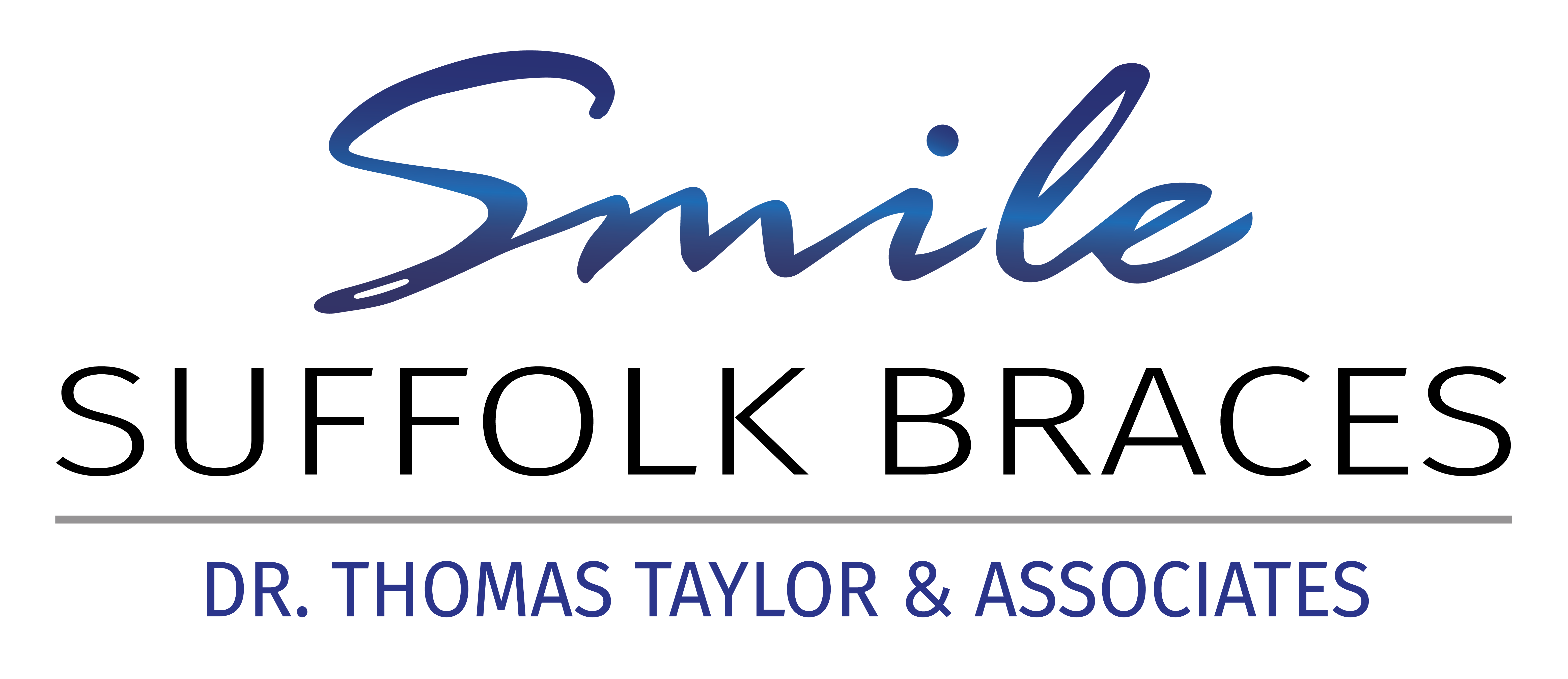Emergency Care Information
Dental emergencies can certainly cause a panic. When you are wearing braces, it can exacerbate your anxiety. At Smile Suffolk Braces, we understand that emergencies often happen at the most inopportune times. That is why we are here to help when you need it most. Here, we will explore the many types of dental emergencies, and discuss how to handle them in a calm and timely manner.
Determine the Severity of Your Situation
Fortunately, true dental emergencies are rare. For example, if you have a broken bracket or wire, these issues are not considered emergencies. Typically, there are ways to resolve the situation until you can schedule an appointment at our office. However, there are a few situations that require immediate attention, such as:
- Direct trauma to the mouth, face, or oral soft tissues
- Swelling of the gums, tongue, or other oral soft tissues
- Severe pain that does not go away
- Active infection or drainage
If you are experiencing any of these issues, seek professional care right away. If it is during normal business hours, it is a good idea to call your general dentist first, as they often have the supplies and materials necessary to handle a dental emergency quickly. If it is after normal business hours, or if you are experiencing severe bleeding, go to your nearest emergency room. After the problem has been addressed, we will help you determine how and when to resume your orthodontic treatment.

Common Orthodontic Issues
Most of the problems that occur with orthodontic appliances are mild compared to trauma-related dental emergencies. However, just because a situation is not defined as an emergency doesn’t mean it is not irritating or uncomfortable. Therefore, we recommend doing what you can to alleviate the problem at home, and then calling our office to arrange a visit. A few of the most common orthodontic issues include:
- Loose or broken wires, bands, or brackets: Sometimes a bracket or wire can become loose or broken, especially if you have been eating hard or sticky candy. If a bracket is loose, leave it alone. Do not attach an elastic to it. If it is bothering you, orthodontic wax may be placed over it. Call our office to schedule a visit. If any pieces have come off, save them and bring them with you to your appointment.
- Sharp, poking wire: Occasionally, you may feel the arch wire irritating the inside of your cheek, near the back of your mouth. If this happens, you can try gently moving the sharp wire with a cotton swab or a clean pair of tweezers. If this is not successful, call our office to schedule an appointment so we can clip the wire. In the meantime, you can cover the sharp area with orthodontic wax to prevent irritation.
- Generalized discomfort and mobility: Many patients become worried if they notice that their teeth are loosening. This is actually a normal part of orthodontic treatment. In order for your teeth to move successfully, they must loosen just a bit. You may also experience slight discomfort or tenderness during orthodontic treatment, especially if you have just had your braces adjusted. This general discomfort can be addressed with over-the-counter pain relievers, such as ibuprofen, acetaminophen, or naproxen.
If you are experiencing any of these issues, and you’re not sure what to do, you can call us for further guidance. We can help you determine if the problem can be handled at home, or if it will require a visit to our office.
Contact Us Today
For more information on dental or orthodontic emergencies, contact a team member. You can reach us online anytime, or call one of our Suffolk, VA office locations.

